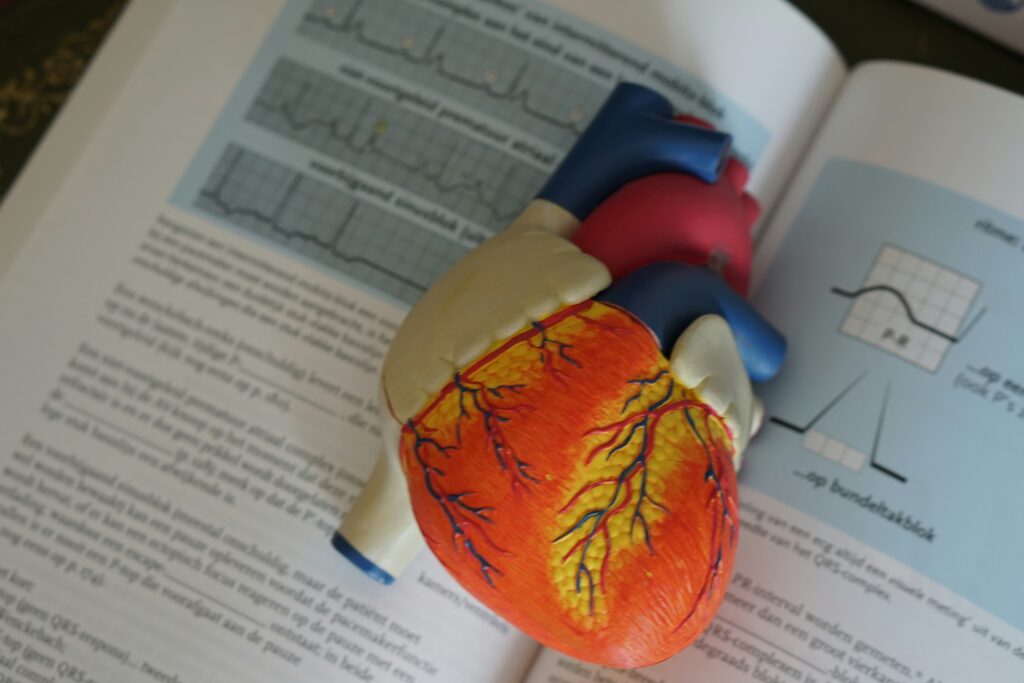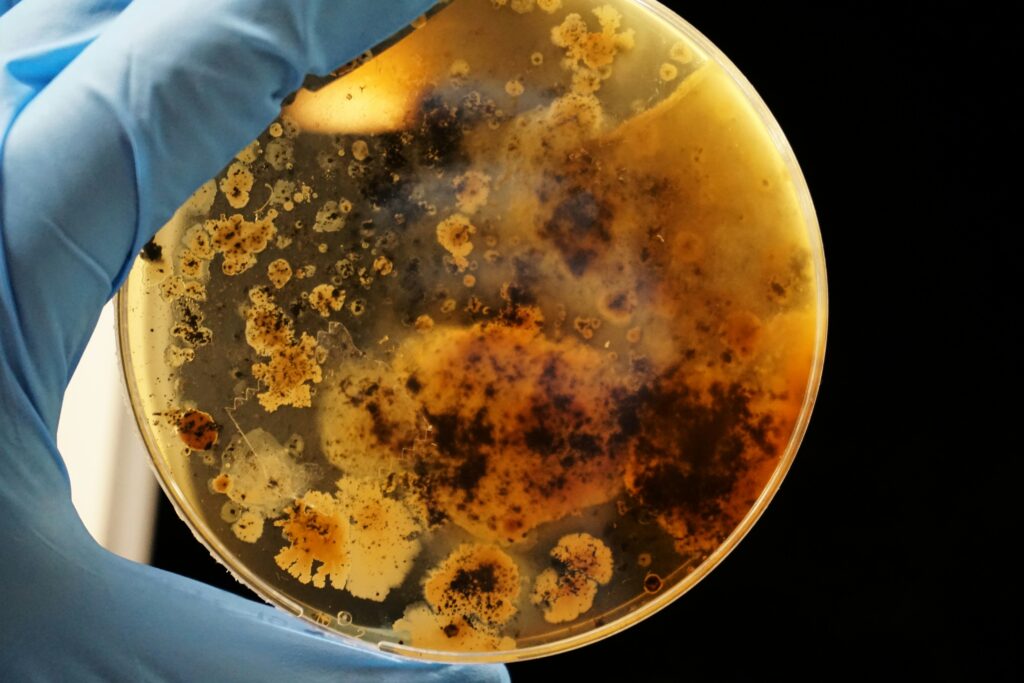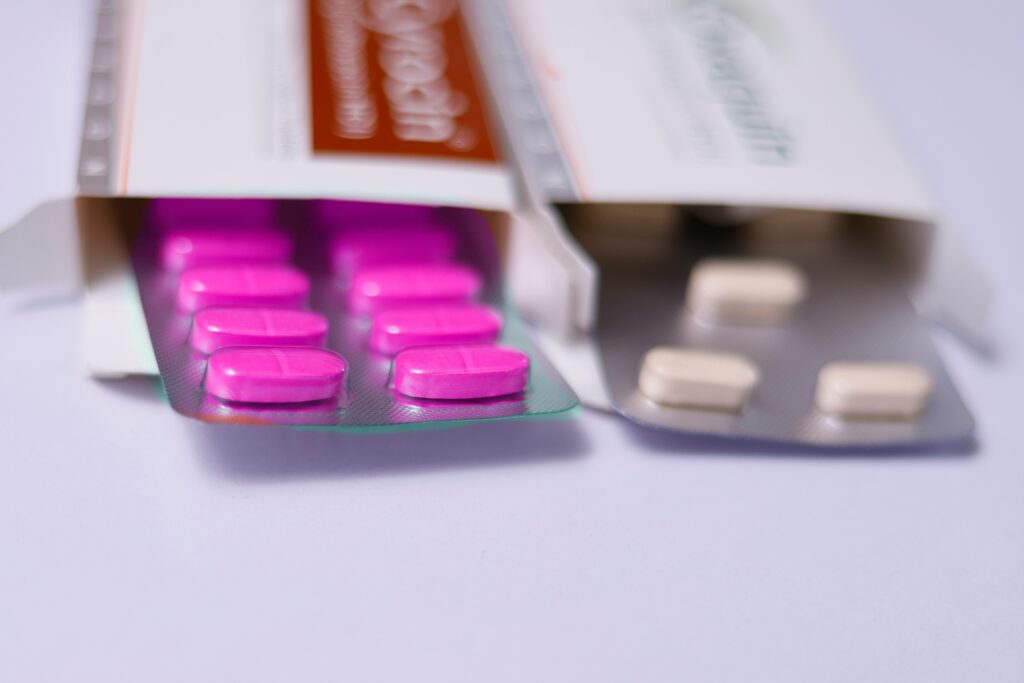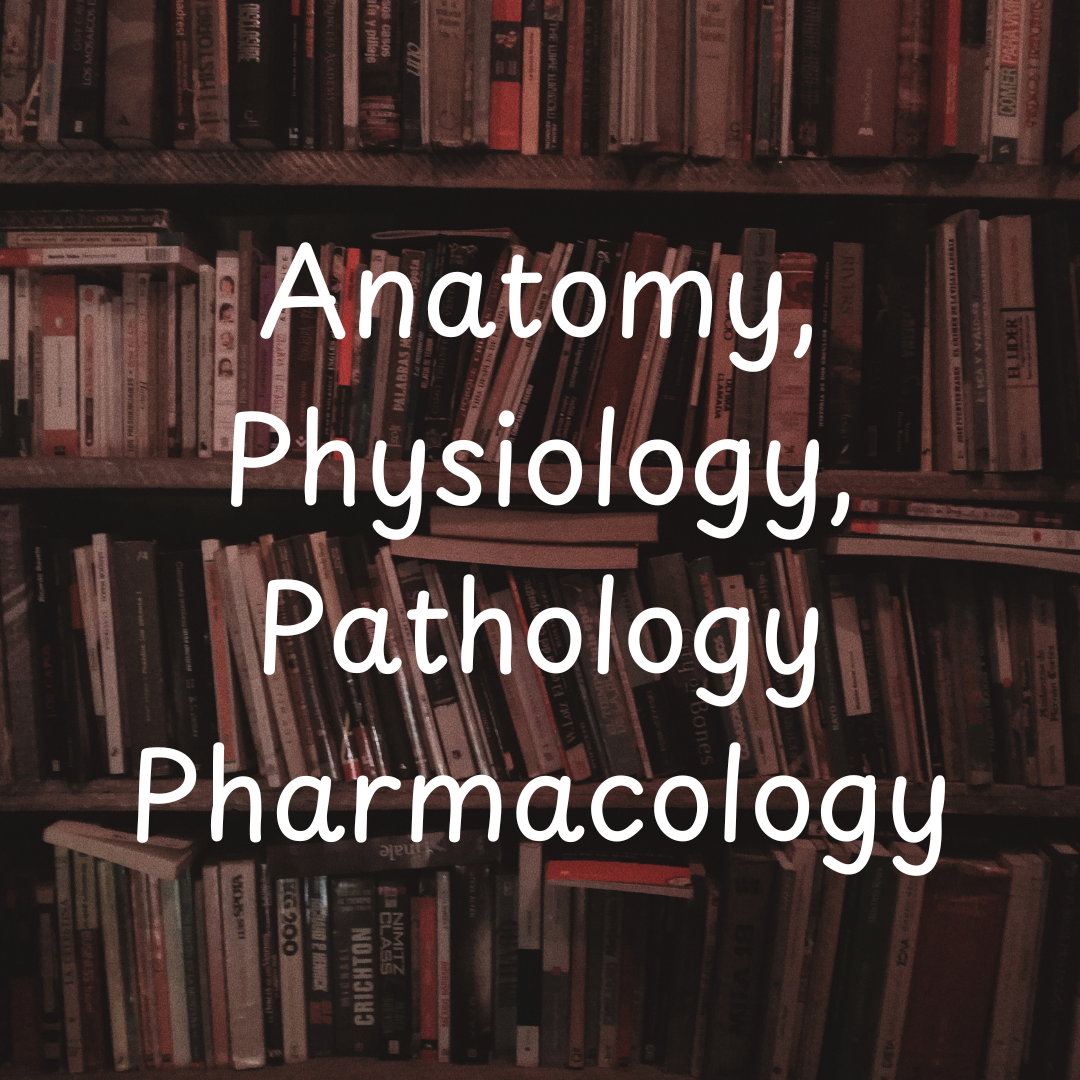Medicine is one of the most delicate fields to study. Medicine is concerned with the study of human body and its complicated systems along with diagnosing different diseases and how to treat them effectively. Studying medicine is incomplete if you miss any one of the four main subjects. Four major subjects in medicine include Anatomy, Physiology, Pathology and Pharmacology. Usually Anatomy and Physiology are studied in the start of curriculum and after mastering these two subjects, students then start studying pathology and pharmacology. In this blog I will explaining the four major subjects of medicine: Anatomy, Physiology, Pathology and Pharmacology in detail.
4 Major Subjects of Medicine:
1. Anatomy:
It is the branch of medicine that deals with the study of structure of human body. In anatomy we study the shape of different organs, where are they situated and what are the structures present adjacent to it. Anatomy can be divided into the following major categories.

A. Gross Anatomy:
Gross anatomy is also called macroscopic anatomy. It involves study of the structures which can be seen with the help of naked eye. A good example of gross anatomy will be studying heart, lungs, kidney and brain. In gross anatomy student learn about the location of an organ? What is the shape of an organ? What is the relationship of this organ with others?
B. Microscopic Anatomy:
As the name suggest, In Microscopic anatomy we study structures that are too small to be seen with naked eye. Such structures can be seen with the help of a microscope. The two main components are histology and cytology. Histology is the study of tissues and cytology is the study of cells.
Why is it important to study Anatomy?
Anatomy is very important for understanding the interconnections between different organs. It helps in diagnosis and treatment of different diseases. It is with help of anatomy that one can; Identify abnormalities: Anatomy gives us an idea about the normal structure of organs and any deviation from normal will suggest abnormality. Perform surgeries: Anatomy without any doubt is the most important subject for surgeons. Anyone interested in surgery should have an extra corner in his or her heart for anatomy. In clinical practice anatomy plays important role not just in diagnosis but also in treatment of vast number of diseases.
2. Physiology:
Physiology is branch of medicine that deals with the study of function of various organs and systems from cellular level to whole body. Physiology encompasses all the systems that work together to maintain the normal functioning of the body. These system include:

• Cardiovascular system which focuses on how the heart and blood vessels work in order to transport oxygen to all parts of the body.
• Respiratory system physiology is concerned with the mechanism of breathing and how gases exchange take place in the lungs.
• Renal physiology tells us about the functioning of kidneys and how they maintain the balance between water and electrolytes which is necessary for hemostasis.
• Neurophysiology is concerned with the electrical impulses. It tells us about the chemical processes that take place to generate an impulse and how is this impulse transmitted to different parts of the body.
Why is studying Physiology important in medicine?
Physiology gives us an insight of how the body operates in both normal and abnormal conditions. Medical practitioners use this knowledge to: Recognize how different diseases affect the body. For example in diabetes the insulin levels are dropped below the normal leading to increased serum glucose. Adjusting treatments: Physiology enables us to personally adjust medication for an individual on the basis of how the body metabolized it.
3. Pathology:
It is the branch of medicine that deals with the study of diseases. In Pathology we study the causes, mechanisms and effects of a disease on the body. Pathology act like a bridge between basic medical knowledge and clinical practice. It helps the doctor to understand the nature of a disease and its progression. The different components of Pathology are:

A. Etiology:
Etiology refers to the cause of a disease. A simple disease can have many etiologies. Some common causes can be infectious in nature (bacteria, fungi, virus), environmental (pollution), genetic (hereditary diseases) and lifestyle related (e.g. smoking, poor diet) etc.
B. Pathogenesis:
Pathogenesis means the mechanism by which a disease develops and progresses. Pathogenesis shows how a disease affect the normal functioning of the body.
C. Morphology:
This component of the pathology is concerned with changes that occur at the level of cells and organs. A sample of tissue is sent to a pathologist for examining any abnormality in it. The pathologist report help us diagnose the disease and guide us about what treatment strategy will be useful in it. Clinical pathology focuses on the analysis of lab reports such as CBC, Urine routine test and Culture test to diagnose a disease.
Why should we study Pathology?
Identifying a disease accurately without pathology is not possible. A good understanding of Pathology help us in the following ways.
• A pathologist uses different tools to diagnose different diseases. The sample for examination could be Blood, Urine or biopsies.
• Diseases progress in a specific pathological pattern. It allows the doctor to find out the stage of an ongoing infection.
The knowledge of pathology helps a doctor to choose a proper treatment plan and also blood and urine test can show the efficacy of the treatment. Overall pathology is one of the four main pillars of medicine. It is some ongoing pathology that bring a patient to the doctor. By studying pathology of a disease one can diagnose diseases properly and give prompt treatment.
4. Pharmacology:
It is the branch of medicine that deals with the study of drugs and their effects on the human body. Pharmacology elaborates the mechanism of action of a drug and how does it interact with different biological systems. Pharmacology is divided into two main branches.

A. Pharmacokinetics:
In this branch of pharmacology we study how the body absorbs, distributes, metabolizes and excrete drugs. In simple words we can say that this branch is concerned with “what body does to the drug”. It also helps us understand about the half-life of a drug which is the time required for a drug to decreases to half its original concentration.
B. Pharmacodynamics:
In this branch we study how drugs exert their effects on the body. In simple words this branch is concerned with “what a drug does to the body”. In pharmacodynamics we study drug receptors, enzyme interactions and physiological changes that result from drug administration.
Why is pharmacology important?
Without pharmacology medicine makes no sense. Every patient comes to a doctor for some drugs. Pharmacology plays a central role in modern medicine. It can help doctors in the following ways.
• Pharmacology allows the doctor to prescribe the correct drugs for a given patient according to his age, health status and need.
• The knowledge of pharmacology enables a doctors not to prescribe certain drugs that could have adverse reaction in that particular patient. In simple words it minimize the risk of unwanted adverse effects.
• Pharmacologist are always searching for drugs that are more efficient and have minimal adverse effects. This constant need for research have helped us fight diseases that once we thought were incurable.
Pharmacology is essential for the development of new medications. New therapies are introduced with better outcomes. Researchers are also constantly looking for drugs that can treat chronic diseases and incurable diseases.
Conclusion:
In order to have a good foundation of medicine one should master the four major subjects of medicine: Anatomy, Physiology, Pathology and Pharmacology. As Anatomy gives us an idea about the structure of different organs, Physiology gives us an insight about how the organs function, Pathology shows us how the disease occurred and spread while Pharmacology guides us about the drugs that will cure the disease so no one can skip any one of them. After studying these subjects one can easily understand how delicately the human body works. This was all for this blog for more blogs like this one visit my website Medrizz.
FAQs:
What is the difference between Gross Anatomy and Microscopic Anatomy?
Gross Anatomy (macroscopic anatomy) refers to the study of structures that can be seen with the naked eye, like organs and organ systems.
Microscopic Anatomy involves the study of structures at a cellular or tissue level, often using a microscope. It includes subfields like histology (study of tissues) and cytology (study of cells).
How does Physiology relate to medical practice?
Physiology focuses on how the body’s systems function normally and abnormally. It helps doctors understand how diseases affect bodily functions.
How does Pathology help doctors treat diseases?
Understanding the disease’s progression allows physicians to choose the most effective treatment options and monitor the patient’s response to therapy.
What is the difference between Pharmacokinetics and Pharmacodynamics?
Pharmacokinetics is the study of how the body absorbs, distributes, metabolizes, and excretes drugs.
Pharmacodynamics focuses on how drugs affect the body, including their interactions with receptors and enzymes and the physiological changes they cause.
Can I skip any of the four major subjects in medical studies?
No, each subject—Anatomy, Physiology, Pathology, and Pharmacology—is vital for understanding the human body and treating diseases effectively.
Why is studying Pharmacology essential for doctors?
Pharmacology allows doctors to prescribe the right medication for a patient, considering their individual needs and health status.

